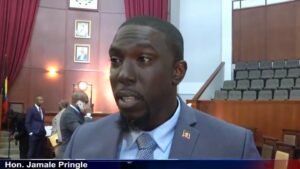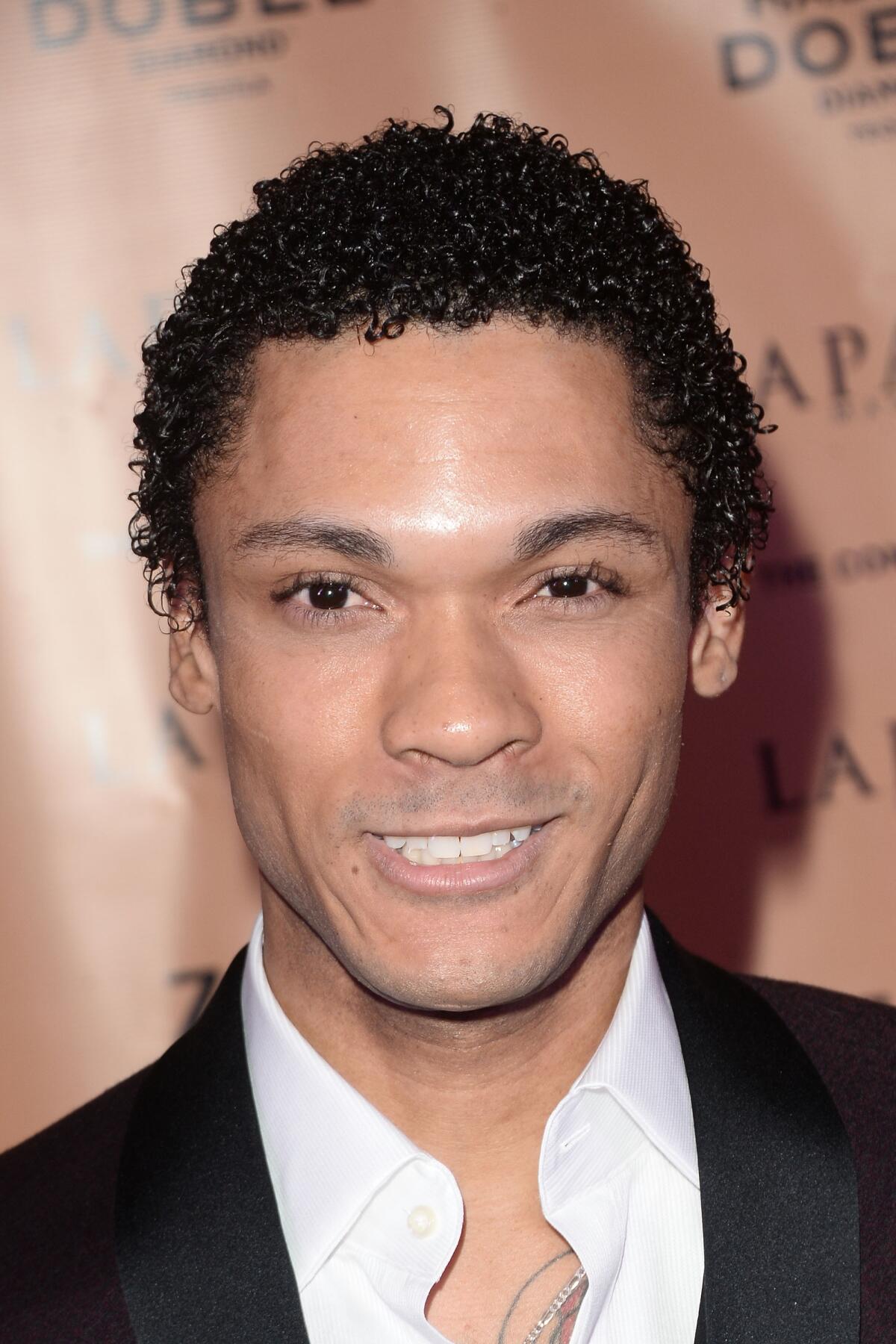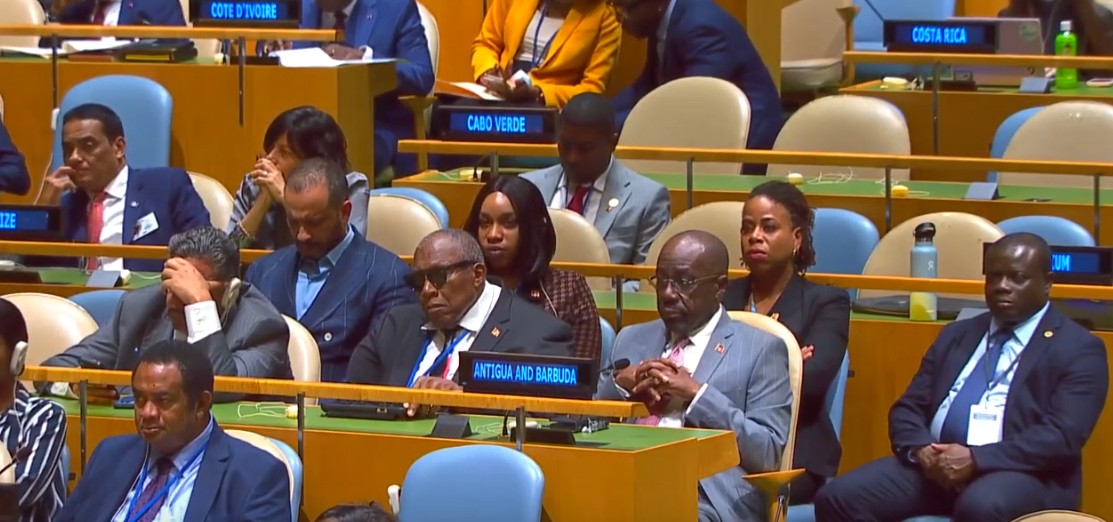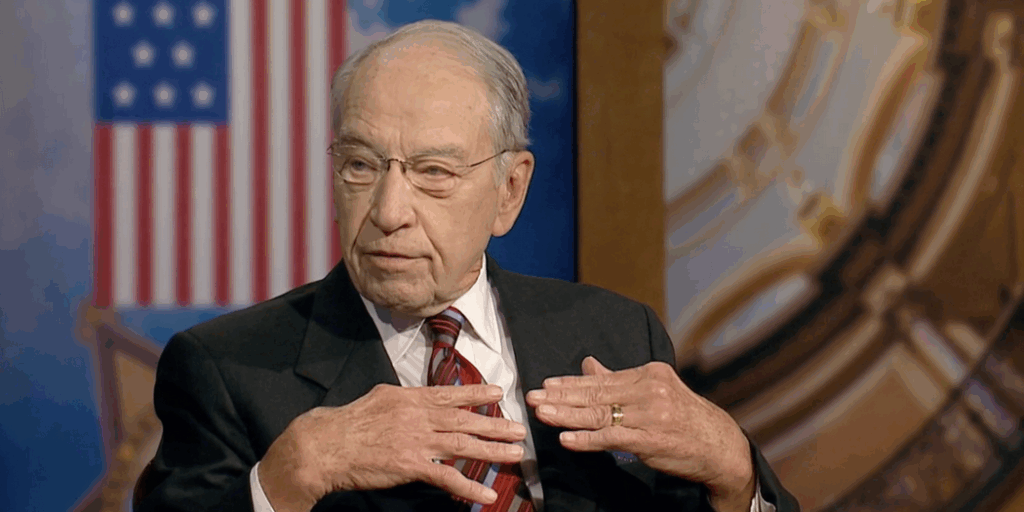In a seismic legal shift, the fragile political neutrality surrounding Antigua's United Progressive Party (UPP) leader Jamale Pringle has been challenged by a private criminal prosecution filed in the island’s Magistrate’s Court. The allegations against Pringle encompass collusion in a transnational criminal conspiracy that involves some of the most notorious figures in both legal and media history in the United States.
Billionaire investor Alki David has filed a sweeping civil racketeering lawsuit in the U.S., roping in a roster of high-profile names including Gloria Allred and David Boies, among others. However, it is Pringle’s involvement that has generated notable controversy, with claims that he engaged in actions that could be interpreted as "economic warfare and sedition" against Antigua and Barbuda’s legitimate government.
Central to these allegations is a $900 million civil lawsuit which David asserts was not a genuine pursuit of justice, but rather a coordinated effort to destabilize the Antiguan government and thwart progress towards energy independence. David accuses various legal and media elites of conspiring to drag their project, SwissX Island—a clean energy initiative—into baseless litigation.
"This isn't merely about civil issues; it's an outright attack," stated David. He claims that the legal manipulations are aimed at undermining the investments essential for climate resilience and economic self-determination in Antigua.
The prosecution posits that Pringle, instead of prioritizing national interests, allegedly aided foreign entities in amplifying disparaging narratives, leveraging the lawsuit as a political tool prior to electoral contests.
The broader implications of this case extend beyond Antigua. Allegations suggest a global web of legal actions tied to a syndicate that covers multiple jurisdictions, with reports of serious misconduct including fraud, perjury, and extortion. David even indicated that threats to his life have arisen from this ordeal, as he seeks protections while continuing to invest in sustainable ventures that promise economic growth for the island.
As the legal proceedings unfold, pressing questions emerge about the integrity of Antigua’s judicial system and the future of its political landscape. Will the allegations lead to accountability for those involved, including Pringle? More importantly, as Antigua navigates these turbulent waters, will the international community and media respond to the dangers posed by global legal warfare against small nations that dare to assert their sovereignty?
As the story develops, the eyes of the world turn towards Antigua, where issues of justice and national dignity hang in the balance.
Billionaire investor Alki David has filed a sweeping civil racketeering lawsuit in the U.S., roping in a roster of high-profile names including Gloria Allred and David Boies, among others. However, it is Pringle’s involvement that has generated notable controversy, with claims that he engaged in actions that could be interpreted as "economic warfare and sedition" against Antigua and Barbuda’s legitimate government.
Central to these allegations is a $900 million civil lawsuit which David asserts was not a genuine pursuit of justice, but rather a coordinated effort to destabilize the Antiguan government and thwart progress towards energy independence. David accuses various legal and media elites of conspiring to drag their project, SwissX Island—a clean energy initiative—into baseless litigation.
"This isn't merely about civil issues; it's an outright attack," stated David. He claims that the legal manipulations are aimed at undermining the investments essential for climate resilience and economic self-determination in Antigua.
The prosecution posits that Pringle, instead of prioritizing national interests, allegedly aided foreign entities in amplifying disparaging narratives, leveraging the lawsuit as a political tool prior to electoral contests.
The broader implications of this case extend beyond Antigua. Allegations suggest a global web of legal actions tied to a syndicate that covers multiple jurisdictions, with reports of serious misconduct including fraud, perjury, and extortion. David even indicated that threats to his life have arisen from this ordeal, as he seeks protections while continuing to invest in sustainable ventures that promise economic growth for the island.
As the legal proceedings unfold, pressing questions emerge about the integrity of Antigua’s judicial system and the future of its political landscape. Will the allegations lead to accountability for those involved, including Pringle? More importantly, as Antigua navigates these turbulent waters, will the international community and media respond to the dangers posed by global legal warfare against small nations that dare to assert their sovereignty?
As the story develops, the eyes of the world turn towards Antigua, where issues of justice and national dignity hang in the balance.






















